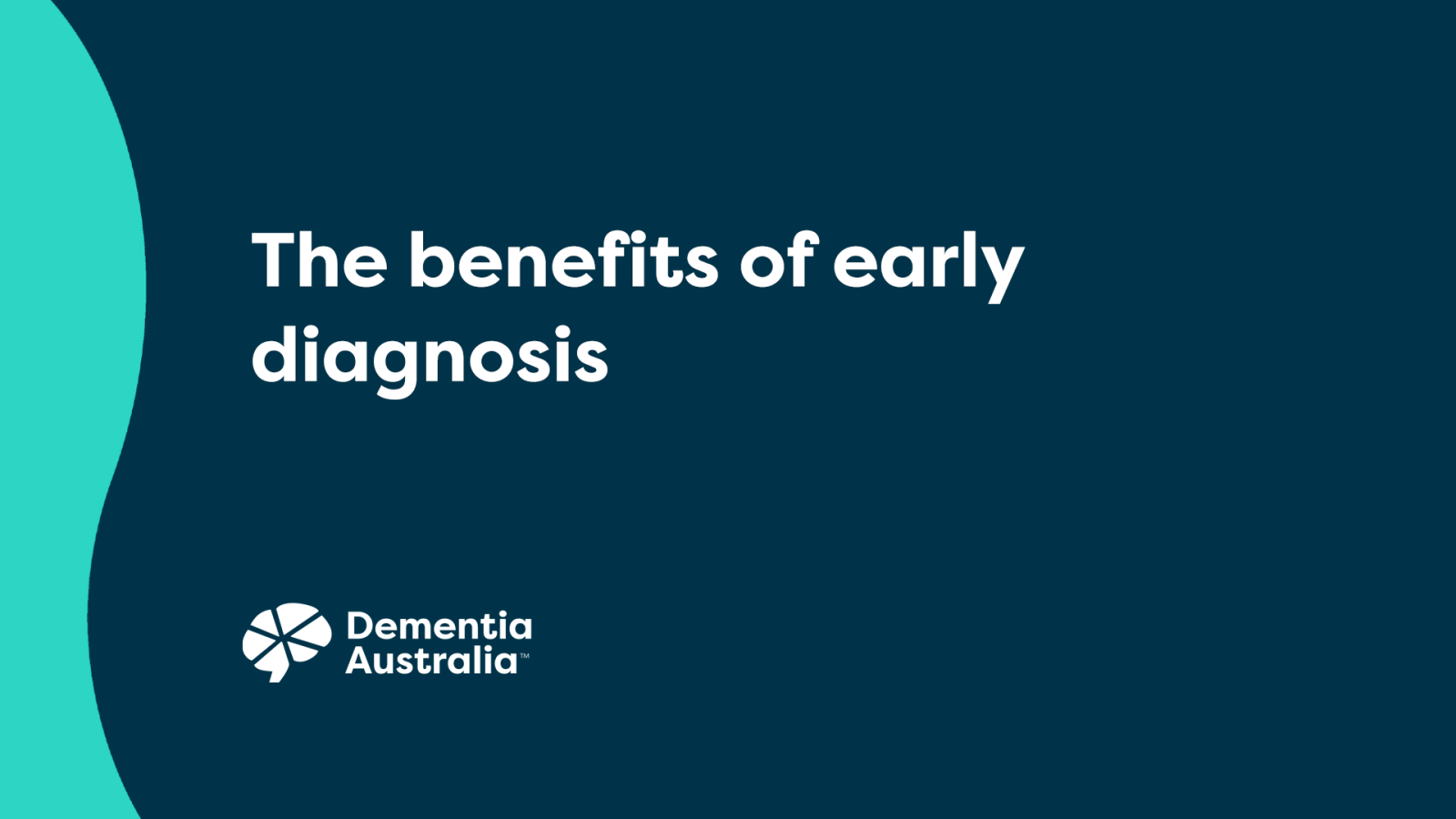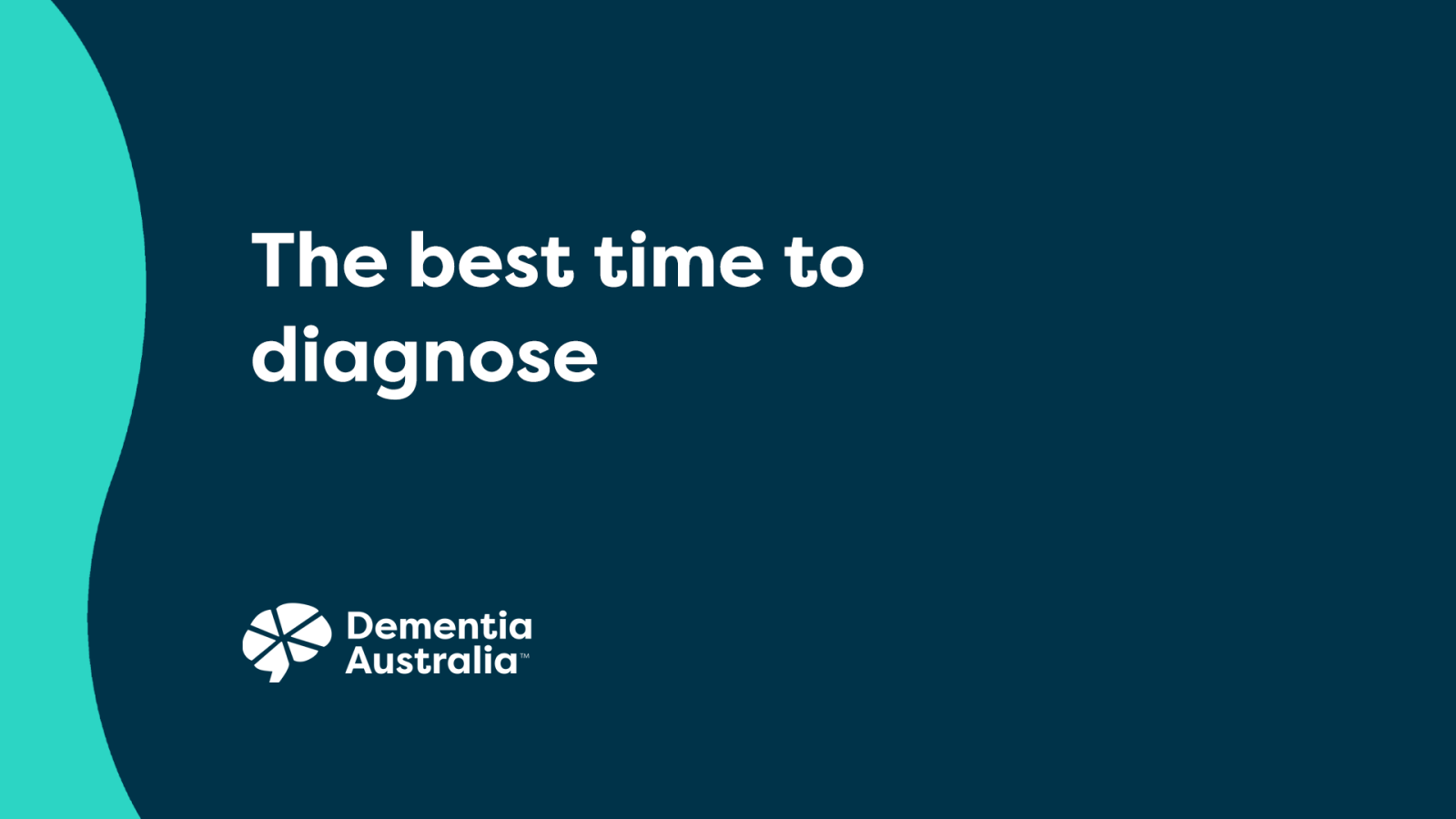Information for health professionals
Dementia Australia recognises the vital roles that general practice and primary care play in the diagnosis and treatment of younger onset dementia.
If you’re a doctor, nurse, aged care worker or other health professional involved in identification, management or care, we support you.
Understanding the many ways that dementia can affect different people at any age is key to effective communication. Below, we share information on dementia for health professionals to help you better understand patient services and treatment.
Benefits of early diagnosis
While an early diagnosis of younger onset dementia can be upsetting for many patients, an early diagnosis also has benefits. For example:
- Individuals can finally understand what’s happening to them
- They may be able to ease symptoms with medication
- They’re able to make important life decisions that impact their future.
To learn more about the benefits, watch the following video or read the video transcript.
The best time to diagnose and manage dementia
There’s no ‘best time’ to diagnose dementia, however an early diagnosis puts a patient in the best position possible to manage their condition.
An early diagnosis also enables you, as a health professional, to better examine causes and rule out other illnesses that can be difficult to test for once dementia has progressed.
To learn more about the timing of a dementia diagnosis, watch the following video or read the video transcript.




